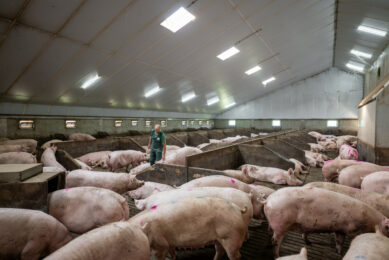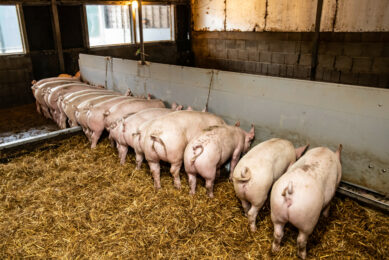Russia: Pig farming development slowing down
In 2011, Russia produced over 940,000 tonnes of pork. This figure is 13% higher than in 2010, when it produced only 838,000 tonnes. Most of the pork produced in Russia – pork steam, cooled or chilled, in 2011 together accounted for about 85% of the total output.
In 2011, the number of pigs in Russia in all categories of farms was more than 17.3 million. Russia has reached historic highs, but this figure was far behind earlier projections expressed by the Ministry of Agriculture of the country. According to “Pork Industry Development Program in Russia in 2010-2012” the number of pigs in all categories of farming this year should rise to 23.3 million heads. Obviously, this goal will not be reached.
Self-sufficiency
Russia is also experiencing some problems in terms of too much imported pork in the national market. But in 2006 the 59% of pork in country was imported, in 2011 this figure dropped to 44%. In 2012, the projected decline in the share of imports will be insignificant – only about 1%. However, the government previously plans to fully realise the process of pork import substitution with domestic products until 2020, and now representatives of the Association of Pig Breeders said that due to the Russian entry into WTO, this task will also be impossible.
According to the estimates of the National Union of Mean Producers expressed by its head Sergei Yushin the total losses of pork production from WTO accession will be 200 billion rubles (US $ 68.9), resulting in pork farming taking first place in the list of agriculture sectors in Russia which is most affected by the WTO.











